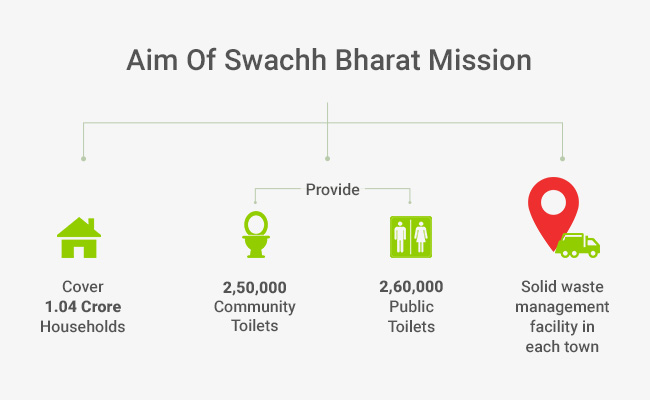7667766266
enquiry@shankarias.in
What is the issue?
What are the complexities?
What are the key challenges?

What should be done?
Source: The Indian Express